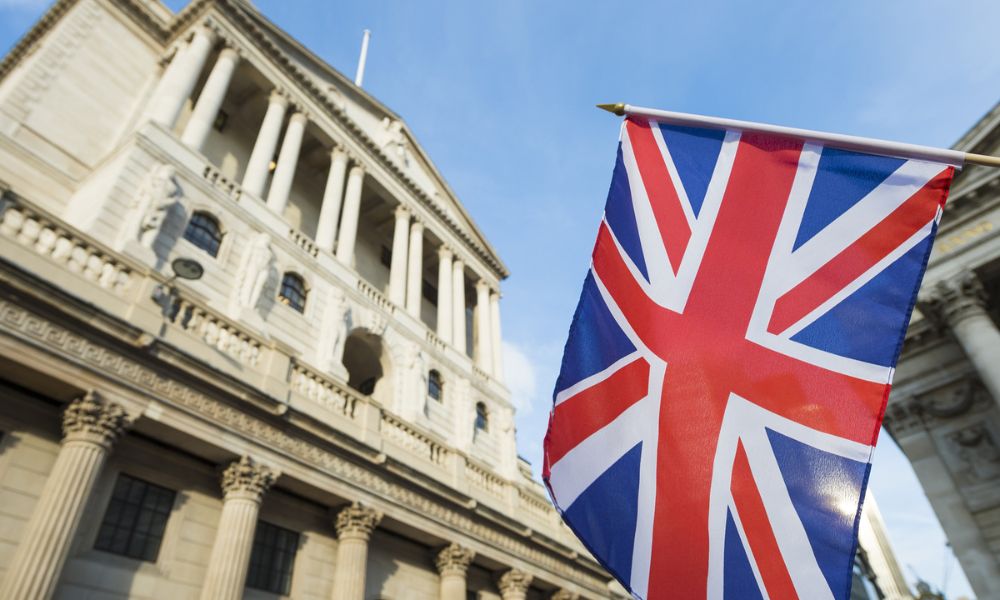
The Bank of England, the central bank of the United Kingdom, faces a number of challenges in the 21st century. These challenges include maintaining monetary and financial stability in a globalized economy, promoting sustainable economic growth in a low-interest-rate environment, managing the transition to a low-carbon economy, and addressing the risks posed by new financial technologies.
The Bank of England is responding to these challenges in a number of ways, including developing new tools and frameworks to maintain monetary and financial stability, exploring new ways to promote sustainable economic growth, working to support the transition to a low-carbon economy, and regulating new financial technologies.
In this blog post, we will discuss the challenges facing the Bank of England in the 21st century in more detail. We will also discuss how the Bank of England is responding to these challenges.
The Bank of England's work is essential for the stability and prosperity of the UK economy. It is important to support the Bank of England in its efforts to address the challenges it faces.
|
Are you a Tax Lawyer in USA? |
The Bank of England, the central bank of the United Kingdom, faces a number of challenges in the 21st century. These challenges include:
The global financial system is more interconnected than ever before. This means that shocks to one country's economy can quickly spread to other countries. The Bank of England needs to be able to respond to these shocks quickly and effectively in order to maintain monetary and financial stability in the UK.
Central banks around the world have been lowering interest rates for many years in order to stimulate economic growth. However, this has made it more difficult for central banks to respond to future economic shocks. The Bank of England needs to find ways to promote sustainable economic growth without causing inflation to rise too high, even in a low-interest-rate environment.
The UK has committed to achieving net zero greenhouse gas emissions by 2050. This will require a significant transition to a low-carbon economy. The Bank of England needs to play its role in supporting this transition, while also ensuring that it does not jeopardize monetary and financial stability.
New financial technologies, such as cryptocurrencies and blockchain, have the potential to revolutionize the financial system. However, they also pose new risks. The Bank of England needs to be able to regulate these new technologies effectively in order to protect consumers and the financial system.
The Bank of England is responding to these challenges in a number of ways. For example, it is:
The Bank of England is developing new tools and frameworks to help it identify and respond to financial risks early. It is also working with other central banks to coordinate their responses to global shocks.
The Bank of England is exploring new ways to promote sustainable economic growth, such as by supporting green investment and innovation. It is also working with the government to develop and implement economic policies that support long-term growth.
The Bank of England is working with the government and other stakeholders to develop a roadmap for the transition to a low-carbon economy. It is also working to assess the financial risks associated with climate change and to develop ways to mitigate these risks.
The Bank of England is developing new regulations for new financial technologies, such as cryptocurrencies and blockchain. It is also working with other regulators to ensure that these technologies are regulated effectively, while also promoting innovation.
The Bank of England faces a number of challenges in the 21st century. However, it is taking steps to address these challenges and to ensure that the UK financial system remains stable and prosperous.